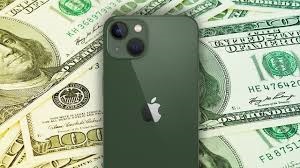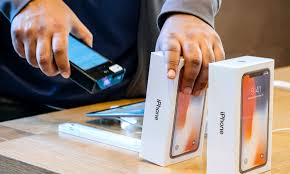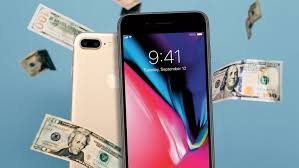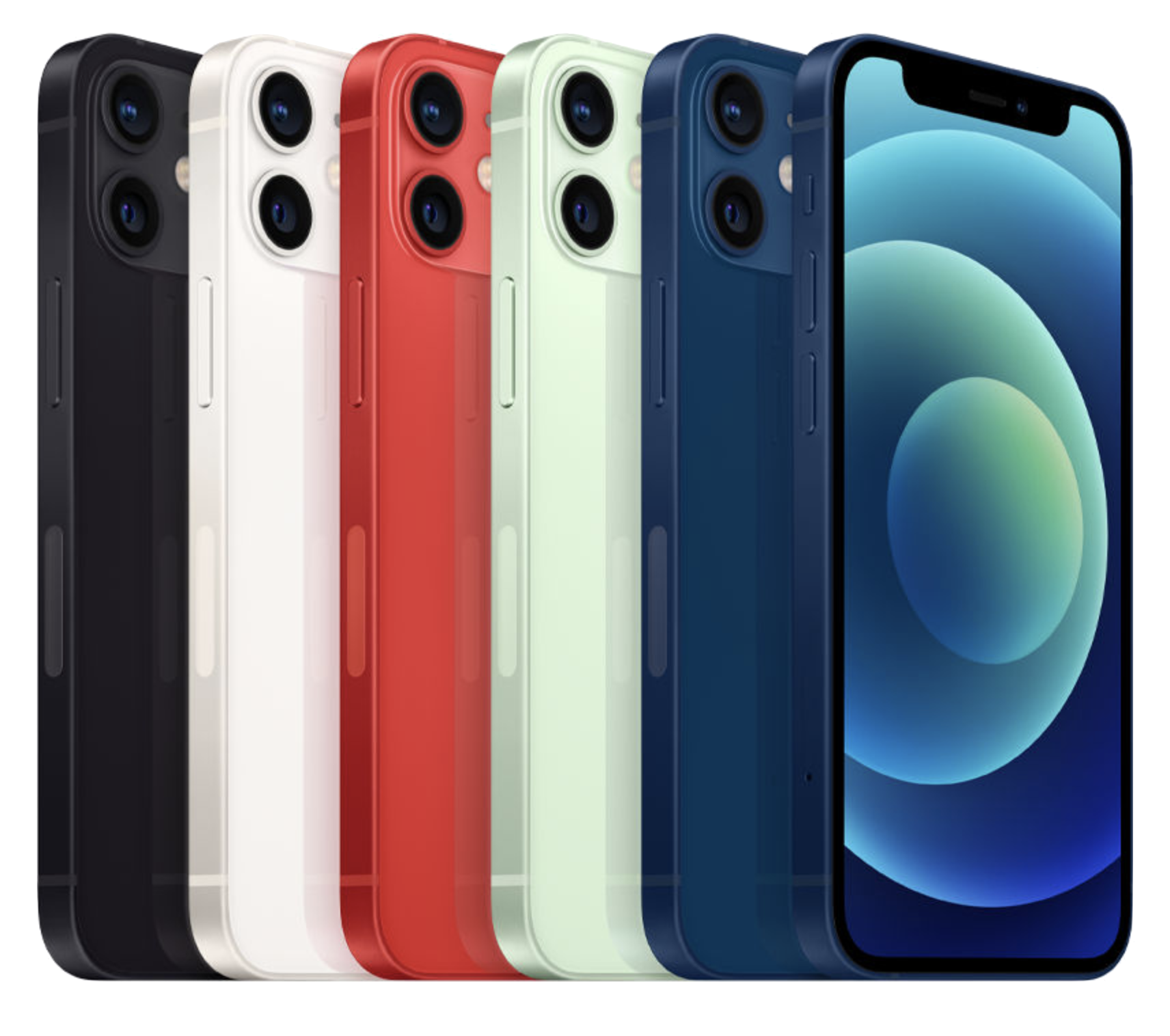Introduction
In today’s fast-paced society, smartphones have become an indispensable part of our daily lives. With the rapid development of technology, new phones are constantly emerging, and many consumers frequently change their phones in pursuit of higher performance and better experience. Under this consumption model, how to deal with old phones has become an urgent problem to be solved. Trade-in and selling used phones for cash are two main ways to deal with them. This article will analyze the pros and cons of these two methods in detail from a professional perspective to help consumers make a more informed choice.

Part I: Trade-in
Definition and process
Trade-in is a service provided by mobile phone manufacturers or retailers. Consumers hand over their old phones to merchants and buy new phones to make up the difference. The basic process is as follows:
Evaluate the value of old phones: merchants evaluate old phones and determine their recycling value.
Discount the price of new phones: use the recycling value of old phones as part of the price of new phones for a discount.
Make up the difference to buy new phones: consumers pay the remaining difference to buy new phones.
Deliver the old phone: consumers hand over the old phone to the merchant to complete the transaction.
Advantages
Convenience
Mobile phone brands or large retailers usually provide trade-in services. Consumers can deal with old phones at the same time as buying new phones, saving the trouble of finding buyers. The entire process is completed in one place, which greatly simplifies the transaction process.
Discounts
Many brands and retailers offer additional discounts or promotions when promoting trade-in services. For example, some brands may offer additional price discounts to trade-in users during the release of new phones. This discount is often higher than the market average, attracting a large number of consumers to participate.
Brand Guarantee
Trade-in through formal channels makes the transaction process more secure. Consumers trade-in brand stores or authorized dealers to avoid the risk of being defrauded. In addition, formal merchants usually provide after-sales service to ensure that consumers can solve problems in time when they encounter problems during the transaction.

Disadvantages
Low price evaluation
Merchants usually have a low valuation of old phones when trading in old phones. This is because merchants need to bear the recycling and processing costs of old phones, as well as possible risks. Therefore, the return consumers get from trade-in is often lower than the price of directly selling used phones on the market.
Limited Choice
Trade-in services are usually only available within the same brand or at designated merchants, and consumers have limited choices. For example, if a consumer’s old phone is of a certain brand, but they want to buy a new phone of another brand, they may not be able to enjoy the trade-in service. This limitation may reduce consumers’ flexibility in choosing a new phone.
Dependence on activities
The trade-in discount is often dependent on the merchant’s promotional activities. This means that during non-promotional periods, consumers may need help to get the ideal discount. In addition, the time and scope of promotional activities are limited, and consumers may need to wait for the right time to enjoy the trade-in service.
Part II: Selling a second-hand phone for cash
Definition and process
Selling a second-hand phone for cash refers to the way consumers sell their old phones through second-hand trading platforms or recyclers in exchange for cash. The basic process is as follows:
Select a trading platform or recycler: Consumers choose a suitable second-hand trading platform or recycler.
Evaluate the value of the old phone: Use the platform or recycler’s online evaluation tool to evaluate the value of the old phone.
Negotiate the price: Negotiate the price with the buyer or recycler and reach a transaction agreement.
Complete the transaction: The consumer delivers the old phone and receives cash.

Advantages
Higher prices
Consumers can get higher returns through multi-party comparison and negotiation. The second-hand trading market is highly competitive, and consumers can compare different platforms and choose the buyer or recycler with the highest bid. In addition, some second-hand trading platforms also provide bidding auction services to further increase the selling price of old mobile phones.
Flexibility
Selling second-hand mobile phones for cash is not restricted by brands and merchants, and consumers can freely choose the most favorable trading platform or recycler. Whether it is an individual seller or a professional recycler, as long as a reasonable price is provided, consumers can trade. This flexibility gives consumers more choices when dealing with old mobile phones and enables them to make the best decision based on their own needs and market conditions.
Cash liquidity
With direct access to cash, consumers can freely dispose of the money according to their needs. Whether it is used to buy a new mobile phone, pay other expenses, or save and invest, the return in the form of cash is highly liquid and flexible.
Disadvantages
High time cost
Selling second-hand mobile phones for cash requires time for platform selection, price comparison, and transaction negotiation, and the process is cumbersome. Consumers need to compare between different platforms and choose the buyer or recycler with the highest bid. In addition, the transaction process may require multiple communications and negotiations, which increases the time cost.
Transaction risks
There may be a risk of being deceived when trading on informal second-hand platforms. For example, buyers on some platforms may refuse to pay or return the goods for various reasons, causing consumers to suffer losses. To avoid this, consumers need to carefully choose trading platforms and buyers, and it is best to choose reputable and secure trading channels.
Privacy risks
Failure to completely clear mobile phone data may lead to privacy leakage. Although many second-hand trading platforms and recyclers will remind consumers to clear data, some consumers may still ignore this. In order to ensure personal privacy security, consumers must completely clear all data in their phones and restore factory settings before selling their old phones.

Part III: Case analysis
Case 1: Trade-in
Successful case: Ms. Zhang is a white-collar worker in a business. Recently, she bought the latest mobile phone at a discounted price through the trade-in event of a brand store. The entire transaction process is very convenient. Ms. Zhang only needs to take the old mobile phone to the store. After evaluation and price discount, she can get the new phone by paying the difference. Ms. Zhang was very satisfied with the transaction, thinking that it saved time and effort, and the service of the brand store was also very professional.
Failure case: Mr. Li is a student who traded in his old phone for a new one at a brand store, hoping to get a new phone at a lower price. However, when the clerk evaluated the old phone, the price given was much lower than Mr. Li expected. In the end, Mr. Li had to pay a higher price difference to buy a new phone, feeling a bit of a loss financially.
Case 2: Selling a second-hand phone for cash
Successful case: Mr. Wang is a freelancer who sells old phones through a well-known second-hand trading platform. Mr. Wang first evaluated the value of the old phone online and then put it up for sale. After a few days of waiting, Mr. Wang found a buyer with a higher bid and successfully completed the transaction. In the end, Mr. Wang received a considerable cash return and was very satisfied with the transaction.
Failure case: Ms. Zhao is a retired teacher who encountered a bad buyer when she sold her old phone through a second-hand trading platform. After receiving the phone, the buyer refused to pay for various reasons and asked for a return. Ms. Zhao tried to contact the platform customer service to solve the problem. Still, due to the platform’s poor supervision, she was ultimately unable to recover her old phone and cash and suffered financial losses.
Conclusion
Comprehensive comparison
Analysis of applicable population: Trade-in is suitable for consumers who value convenience and brand assurance, especially those who want to deal with old phones at the same time as buying new phones. Selling second-hand phones for cash is suitable for consumers who pursue high returns and have time to compare prices. Such consumers are more willing to spend time comparing prices between different platforms and choose the most favorable transaction plan.
Decision-making suggestions: Choose the most suitable way to deal with old phones based on personal needs and preferences. If consumers want to save time and effort and have low requirements for returns, trade-in is a good choice. If consumers are willing to spend time comparing and negotiating and pursuing higher economic returns, then selling second-hand phones for cash is more appropriate.
Future Outlook
Market trends: With changes in consumer demand and technological advances, the way to deal with old phones may become more diversified and convenient. For example, more online and offline recycling models may appear in the future to provide more flexible and efficient services.
Consumer education: Improve consumers’ environmental awareness and transaction risk prevention awareness and promote the healthy development of the old mobile phone disposal market. Through publicity and education, consumers can understand the advantages and disadvantages of different disposal methods, make more informed choices, avoid transaction risks, and protect their rights and interests.


